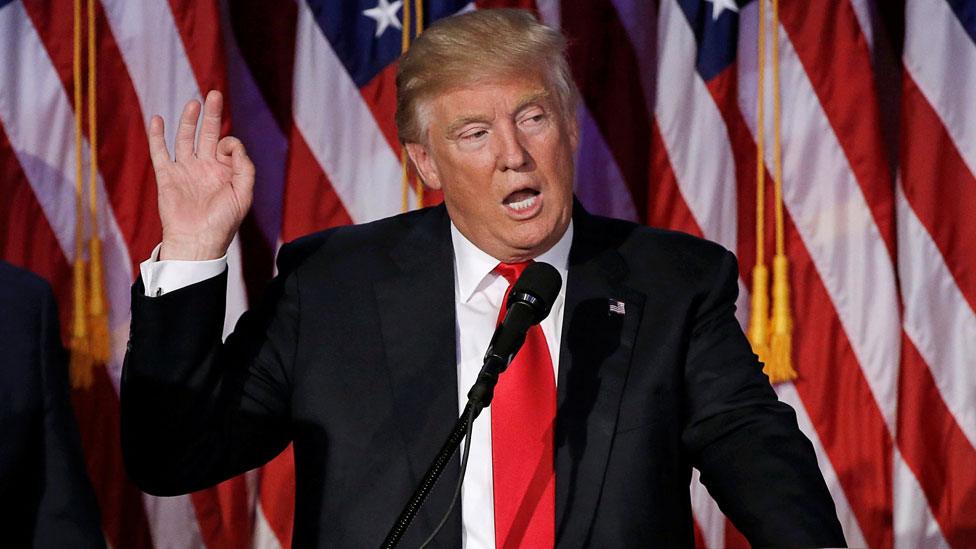The United States has quietly removed multimillion-dollar bounties on key leaders of Afghanistan’s Haqqani network, including Sirajuddin Haqqani, the Taliban’s current interior minister. This move, confirmed by both the U.S. State Department and the Taliban government, comes amid shifting diplomatic dynamics between Washington and Kabul.
Sirajuddin Haqqani, once among Washington’s most sought-after figures, previously had a $10 million bounty on his head for his role in the Haqqani network, a faction blamed for some of the deadliest attacks during the war in Afghanistan. Other senior members, Abdul Aziz Haqqani and Yahya Haqqani, also saw their bounties removed.
Despite this development, the U.S. State Department clarified that these individuals remain designated as Specially Designated Global Terrorists (SDGTs), and the Haqqani network continues to be classified as a Foreign Terrorist Organization (FTO). While their names still appear on the FBI’s wanted list, the reward offers have been scrapped.
A State Department spokesperson explained that the U.S. regularly reviews and adjusts its Rewards for Justice program. The decision follows the recent visit of U.S. officials to Afghanistan Washington’s first since former President Donald Trump returned to office and coincided with the release of a U.S. citizen by the Taliban government.
Political analysts suggest that the removal of the bounties may be largely symbolic but could signal Washington’s attempt to recognize Sirajuddin Haqqani’s growing influence within the Taliban. Haqqani is perceived as a relatively pragmatic leader compared to the hardline faction led by Taliban supreme leader Hibatullah Akhundzada. Reports indicate increasing tensions between the two camps, with Haqqani seen as a figure open to limited diplomatic engagement with the West.
Since the Taliban’s return to power in 2021, Sirajuddin Haqqani has traveled internationally despite U.S. sanctions and international travel bans. The Taliban government, which remains unrecognized by any country, has expressed hopes of improved relations with the Trump administration.
Trump had previously signed a peace deal with the Taliban in 2020, paving the way for the U.S. withdrawal from Afghanistan. The latest move suggests a continued recalibration of U.S. policy toward the Taliban amid ongoing geopolitical shifts.

